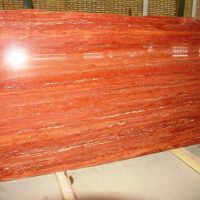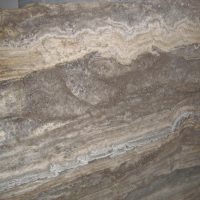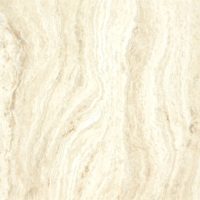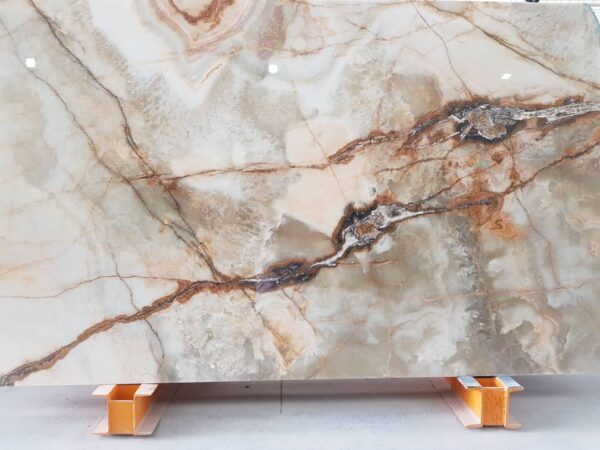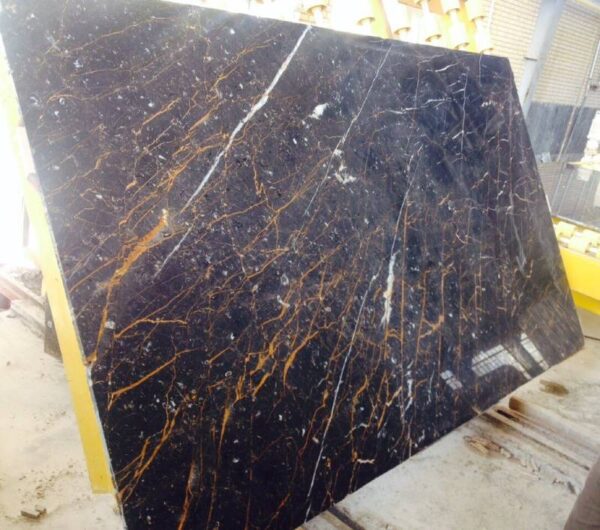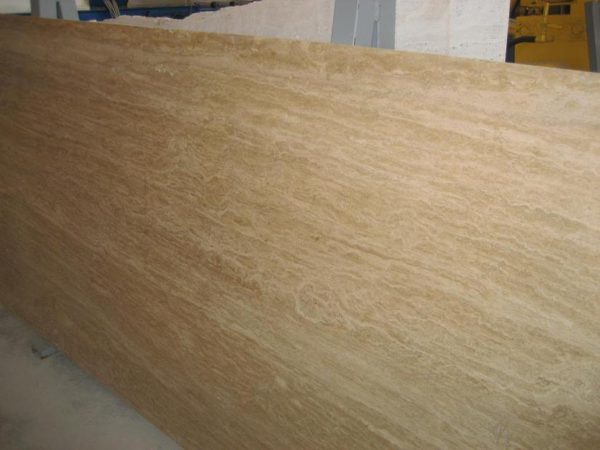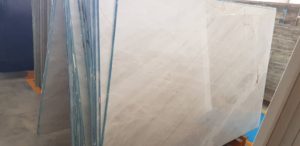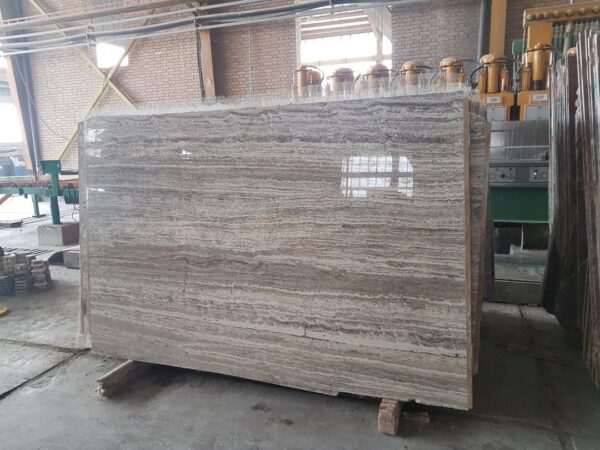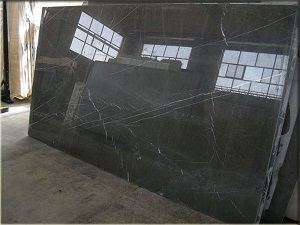Do Travertine Tables Stain? A Comprehensive Guide to Maintenance and Care
Travertine tables are celebrated for their timeless elegance and natural beauty, making them a popular choice for both modern and classic interiors. However, a common concern among homeowners is whether travertine tables stain easily and how to manage potential staining. Understanding the staining potential of travertine and implementing effective maintenance strategies is essential for keeping your table looking pristine. In this guide, we’ll explore whether travertine tables stain, what factors contribute to staining and how to prevent and address stains effectively.
https://www.rockstone.biz/how-thick-should-travertine-be/
Staining Potential of Travertine Tables
Travertine is a type of limestone known for its porous nature and distinctive appearance. These characteristics can impact how easily travertine tables can become stained:
- Porosity: Travertine’s porous surface allows it to absorb liquids and substances that come into contact with it. This means that spills, such as coffee, wine, or juice, can seep into the stone and potentially cause stains if not promptly cleaned.
- Types of Stains: Different substances can cause various types of stains on travertine tables. Common culprits include oils, acidic foods, and drinks. Acidic substances like lemon juice or vinegar can react with the stone, leading to discoloration and surface damage.
- Impact of Finish: The finish of travertine can influence its susceptibility to staining. Polished travertine, while more resistant to some stains, can still absorb liquids if not properly sealed. Honed or tumbled more porous finishes, may be more prone to staining but can be managed with proper care.
How to Prevent Stains on Travertine Tables
Preventing stains on your travertine table involves a combination of proper sealing, regular maintenance, and prompt spill management:
- Apply a High-Quality Sealer: One of the most effective ways to protect travertine from staining is by applying a high-quality stone sealer. A sealer creates a protective barrier that reduces the stone’s porosity and prevents liquids from penetrating. Reapply the sealer every 6-12 months to maintain its effectiveness.
- Clean Spills Immediately: Address spills as soon as they occur to prevent them from seeping into the stone. Use a soft cloth or paper towel to blot the spill rather than rubbing it, which can spread the liquid. Clean the area with a pH-neutral cleaner designed for natural stone.
- Regular Cleaning: Keep your travertine table clean by regularly dusting and wiping it with a mild, pH-neutral cleaner. Avoid using harsh chemicals or abrasive cleaners, as these can damage the stone and its sealant.
- Use Coasters and Placemats: Protect your travertine table from potential stains by using coasters for drinks and placemats for food. This helps prevent direct contact with liquids and acidic substances that can cause staining.
- Avoid Acidic Substances: Minimize contact with acidic substances, such as citrus fruits and vinegar, which can damage the surface of travertine. If such substances do come into contact with the table, clean them up promptly.
How to Address Stains on Travertine Tables
If stains do occur despite your best efforts, here’s how to address them:
- Identify the Stain: Different stains require different treatments. For oil-based stains, a poultice made from baking soda or talcum powder may be effective. For organic stains, hydrogen peroxide can be used.
- Apply a Poultice: For persistent stains, apply a poultice—a paste made from absorbent materials and a suitable solvent—to the stained area. Follow the manufacturer’s instructions for application and removal.
- Consult Professionals: For stubborn stains or extensive damage, seek the help of a professional stone restoration service. They can provide specialized treatments and ensure the travertine table is restored to its original beauty.
Conclusion: Maintaining the Beauty of Your Travertine Table
Travertine tables, with their unique beauty and elegance, can be prone to staining due to their porous nature. However, with proper care, including regular sealing, prompt spill cleanup, and routine maintenance, you can effectively manage and prevent stains. By taking these steps, you can enjoy the timeless appeal of your travertine table and keep it looking beautiful for years to come.

